The PHS poetry club was upgraded this year to a full-fledged poetry class. The new class is an elective held in Mr. Hamas’s room at D239. The class covers a wide selection of poetry related topics, including writing, performing, and analyzing poetry.
While the previous poetry club was successful, the advisor, Mr. Hamas, felt it was very limited on what it could do with the time provided.
“The club itself was basically just come in, I’ll give you a topic, you had about 20-25 minutes to write something, and then you could share it, that’s it.” Mr. Hamas said. “There was no sort of ‘what are you going to do with this afterwards?’ No revision process, no publication process, no performance…the class gives you all of those opportunities to take the poetry further.”
Students of the poetry club who’ve enrolled in the poetry class have echoed Hamas’ thoughts about the previous club’s issues. A student named Rohma Subhani even prefers the class’s schedule compared to the previous schedule of the club.
“I’m a senior now and staying after school isn’t the best option for me.” Subhani said. “[Being] able to do it in class is much more productive and guarantees that we can all be there.”
Attempting to increase said productivity is another reason why the club has switched to a class.
“The goal, I think, was continuity.” Hamas said. “Poets write poetry and write it constantly…if the only thing you wait for is inspiration, you might be waiting a long time. Poets have to push through that. It might not be your best work all the time, but the fact that you’re writing consistently gives you an opportunity for the best product eventually.”
Students in the class do agree that increased meeting times have made them more productive.
Another poetry student named Adrian Pelszynski said, “The biggest change was that now there was, for me, consistency. It’s kept me writing more often.”
The poetry class greatly benefits from this increased meeting time by using it to explore poetry as a way of self expression and discovery.
“Students this age are trying to develop their identity.” Hamas said. “Poetry encourages them to do that in a way other mediums just may not.”
Many students taking the poetry class feel like the increased meeting time and poetry did help them express themselves better.
“Personally writing is definitely a big outlet for me so being able to write more often is really nice.” Pelszynski said.
Subhani also had something to say regarding how poetry helps them develop their identity.
“All of us are POCs (people of color) or just in general members of minority groups.” Subhani said. “Sharing experiences based on different identities is a great way of understanding the world and the people around you
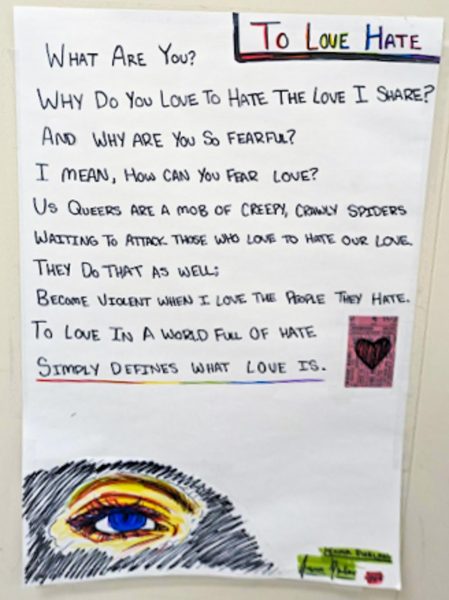
The poetry class driving influence of self expression has remained, despite the need for more concrete assignments in the form of grades.
“I wouldn’t say we grade based upon quality…every student, poetically, is coming from a different place.” Hamas said. “So I think the most important thing is to look at the growth of the poet. The grade isn’t as important as the exploration.”
Many students in the class also don’t feel shackled by the pressure to succeed and get good grades. They just see it as a way to find themselves through poetry.
“We still have a lot of creative freedom…I don’t think I’ve ever been limited much.” Pelszynski said.
The poetry class is able to go beyond what the poetry club could provide due to the extra time allotted. It allows students to experiment with the more performance oriented side of poetry, the side that Mr. Hamas thinks is very important when it comes to examining poetry as a creative outlet.
“A poet writing for the page is basically writing for themselves.” Hamas said. “One of the things that’s good about poetry is that it encourages empathy, and encourages the author to see things from different perspectives…and how they’re going to affect the audience. Poetry on the page doesn’t have the ability to do that…and I think that’s what you need to inspire change and not just say it.”
Many students agree with the deeper meanings performances of poetry can provide.
“When I’m only writing for myself, I don’t really think about how exactly I’m wording it.” Subhani said. “I understand what I’m trying to say with my poems so I don’t have to be particular about them. When I write for the purpose of showing other people, I need to choose every single word and line with care and keep editing it until it tells the audience what I need it to.”
If any of this seems interesting to you, consider selecting this class as an English elective during the upcoming course selection. In the words of Mr. Hamas: “Ultimately, this class is for [you]…be the ambassadors for [your] own voice.”


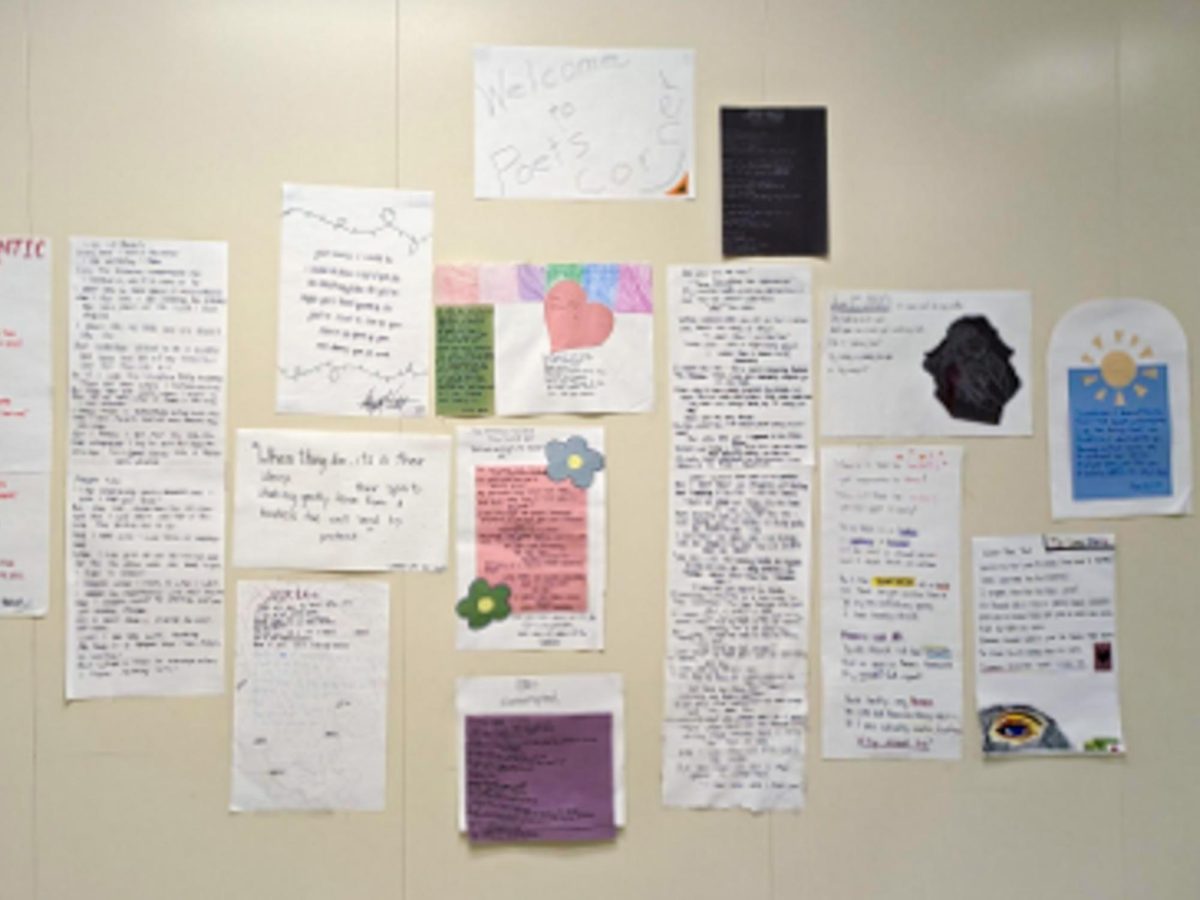

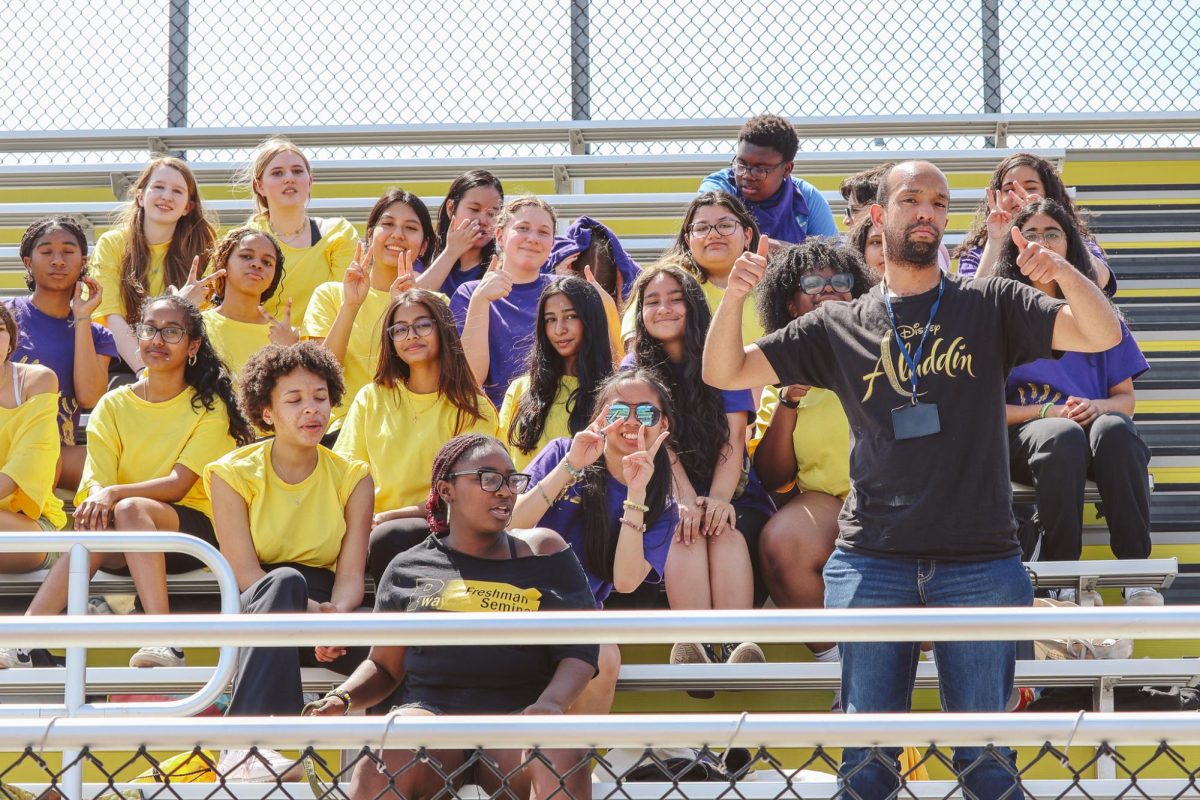
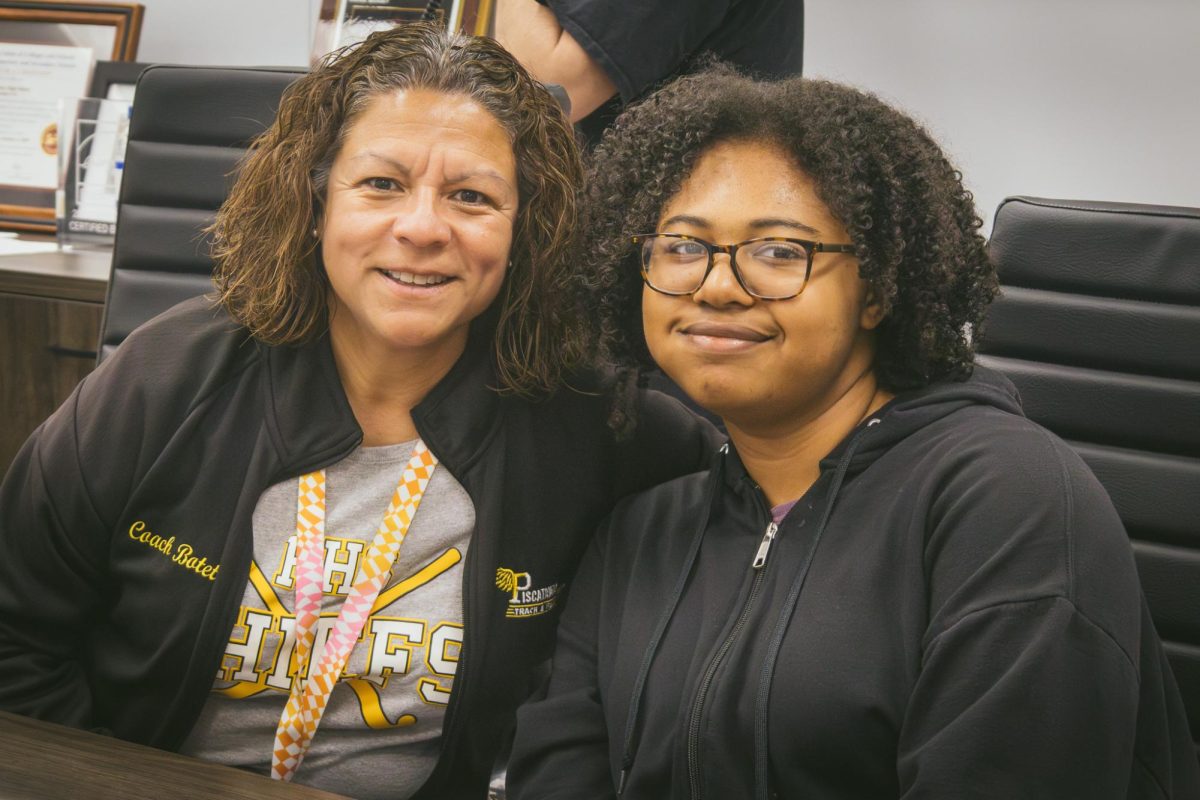
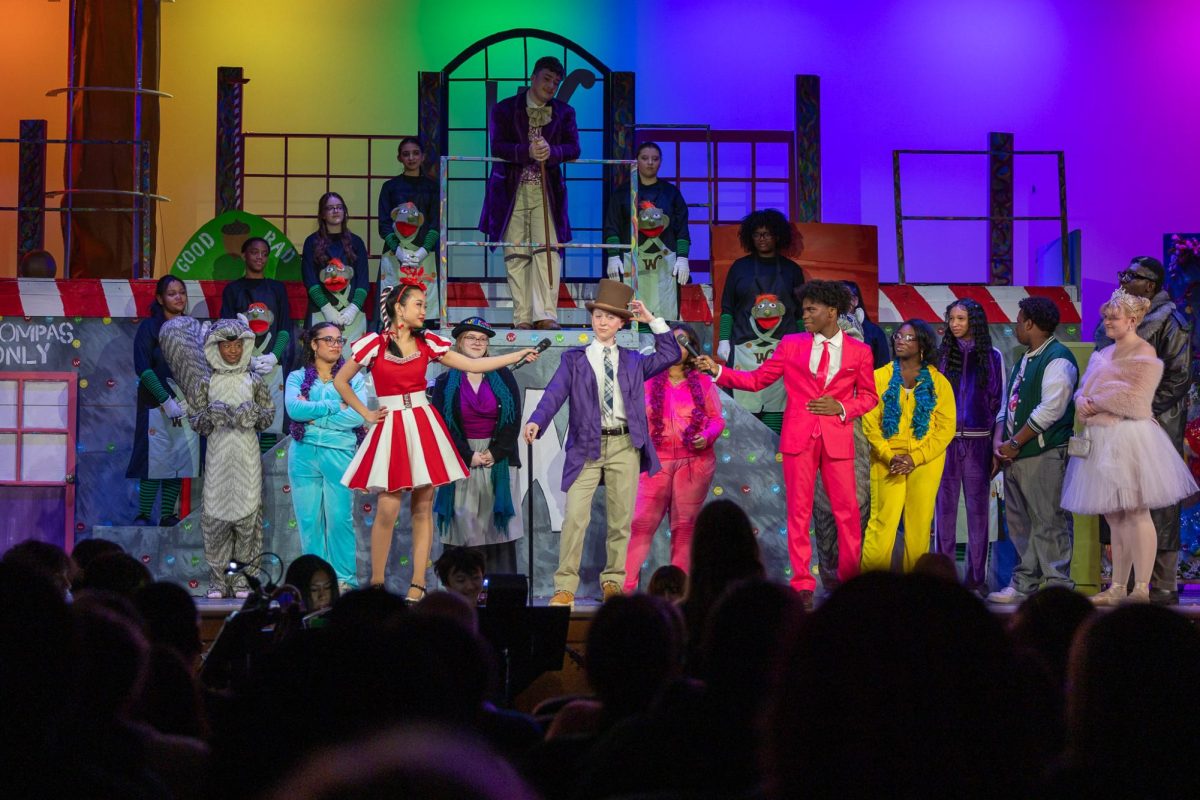
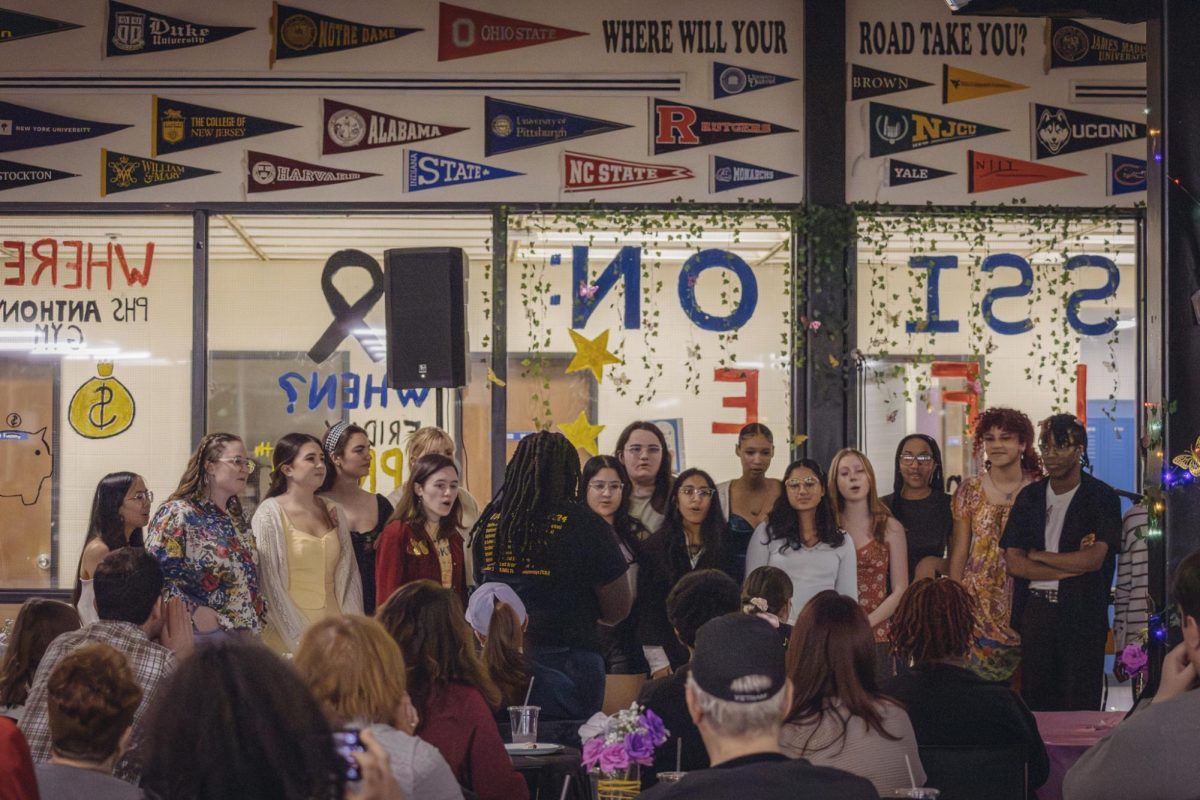


Mialan • Feb 26, 2024 at 11:15 am
I love the way it’s wrote and explained well on what the club is about. They gave a great breakdown story on what the club is about. It’s a really good article. I would highly recommend anyone that wants to join the club should read this